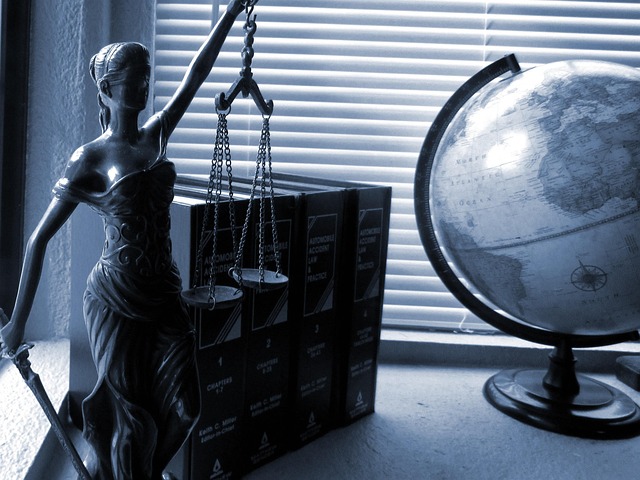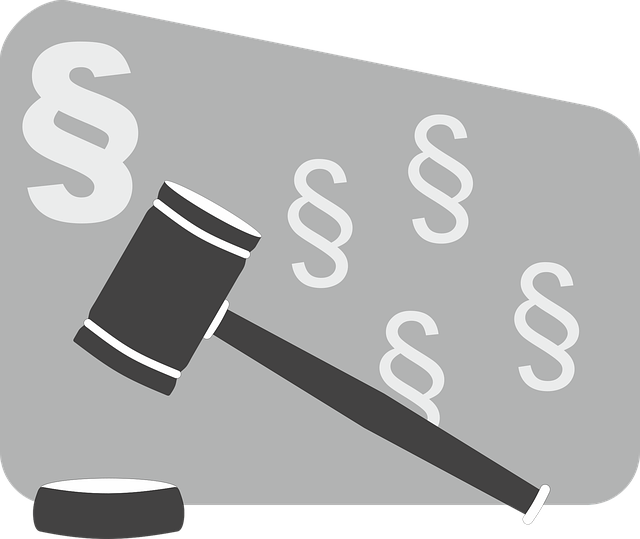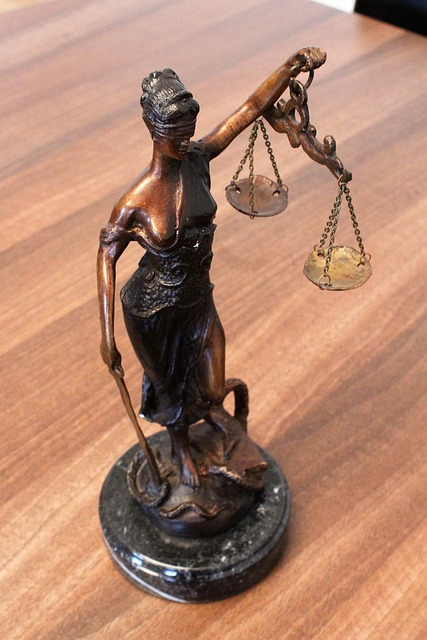Understanding Consumer Rights in Civil Litigation is crucial for both individuals and businesses seeking justice against perceived wrongdoings. This involves navigating various dispute types like contract, tort, property, or personal injury cases. Key steps include filing a complaint, service of process, evidence gathering through depositions and document discovery, and settlement negotiations. Consumer protection laws safeguard individuals from unfair practices, ensuring ethical business conduct and holding responsible parties accountable for damages caused by misconduct, including white-collar crimes. Effective strategic preparation rooted in this knowledge can lead to favorable outcomes in both settlement and trial scenarios.
In the complex landscape of civil litigation, understanding various types and processes is paramount for both legal professionals and consumers. This comprehensive guide delves into the intricate world of civil cases, focusing on consumer rights and protection. From examining diverse litigation types—such as contract disputes, personal injury, and property conflicts—to navigating key steps in civil cases, this article offers a detailed overview. By exploring these aspects, individuals can better grasp their rights and navigate legal disputes effectively.
- Types of Civil Litigation: A Comprehensive Overview
- Consumer Rights and Protection in Legal Disputes
- Navigating the Process: Understanding Key Steps in Civil Cases
Types of Civil Litigation: A Comprehensive Overview

Civil litigation encompasses a broad range of legal disputes between individuals or entities, often involving claims for damages or specific performance. It serves as a crucial mechanism for resolving conflicts and ensuring justice within the legal framework. The types of civil litigation can be categorized based on various factors, such as the nature of the dispute, the parties involved, and the relief sought. Understanding consumer rights in civil litigation is paramount, as it protects individuals from unfair practices and promotes ethical business conduct.
Within civil litigation, several key areas include contract disputes, where disagreements over agreement terms are resolved; tort claims, addressing wrongful acts causing harm; and property-related cases, dealing with issues like ownership, boundaries, and real estate transactions. Moreover, personal injury lawsuits fall under civil litigation, compensating individuals for physical or emotional injuries suffered due to someone else’s negligence or intentional actions. These types of cases not only achieve extraordinary results in terms of financial compensation but also hold responsible parties accountable, fostering a sense of justice within the philanthropic and political communities. Additionally, corporate and individual clients alike benefit from the civil litigation process, ensuring their rights are protected and their interests served fairly.
Consumer Rights and Protection in Legal Disputes

In civil litigation, understanding consumer rights is paramount as it involves disputes between individuals or businesses where compensation may be sought for perceived wrongdoings. Consumer protection laws play a crucial role in ensuring fair practices and safeguarding the interests of consumers across the country. These laws cover various aspects such as product liability, unfair business practices, and data privacy, among others. By enacting these regulations, governments aim to protect citizens from deceptive or harmful actions during all stages of the investigative and enforcement process.
When it comes to civil disputes involving consumer rights, individuals have the right to seek justice for damages caused by businesses’ misconduct. This includes instances of white-collar and economic crimes where consumers might be subjected to fraudulent activities or unfair pricing structures. In such scenarios, legal avenues are available to recover losses and hold responsible parties accountable. Understanding one’s consumer rights is essential for effective navigation through these complex legal processes, ensuring that justice is served in civil litigation involving protection and enforcement of consumer rights.
Navigating the Process: Understanding Key Steps in Civil Cases

Navigating civil litigation can seem like a complex labyrinth for those unfamiliar with its intricate steps. However, understanding this process is crucial for anyone looking to protect or assert their consumer rights. The initial phase involves filing a complaint with the appropriate court, detailing the nature of the dispute and seeking relief. This is followed by service of process, where legal notices are delivered to the opposing party, formally initiating the case.
In civil cases, both corporate and individual clients have the opportunity to build their defenses and present evidence. Depositions, expert witnesses, and extensive document discovery are common tools used to gather information. As the litigation progresses, lawyers for both sides negotiate strategies, which may lead to a settlement or trial. In high-stakes cases, winning challenging defense verdicts can hinge on meticulous preparation, strategic arguments, and a deep understanding of consumer rights within this legal framework.
Understanding consumer rights within civil litigation is essential for both legal professionals and individuals navigating these complex processes. By familiarizing themselves with the various types of civil litigation, their key steps, and the protections afforded to consumers, participants can ensure fair and just outcomes. This comprehensive overview equips readers with valuable insights into navigating these legal landscapes, ultimately fostering a more robust and protective environment for consumer rights in civil disputes.






